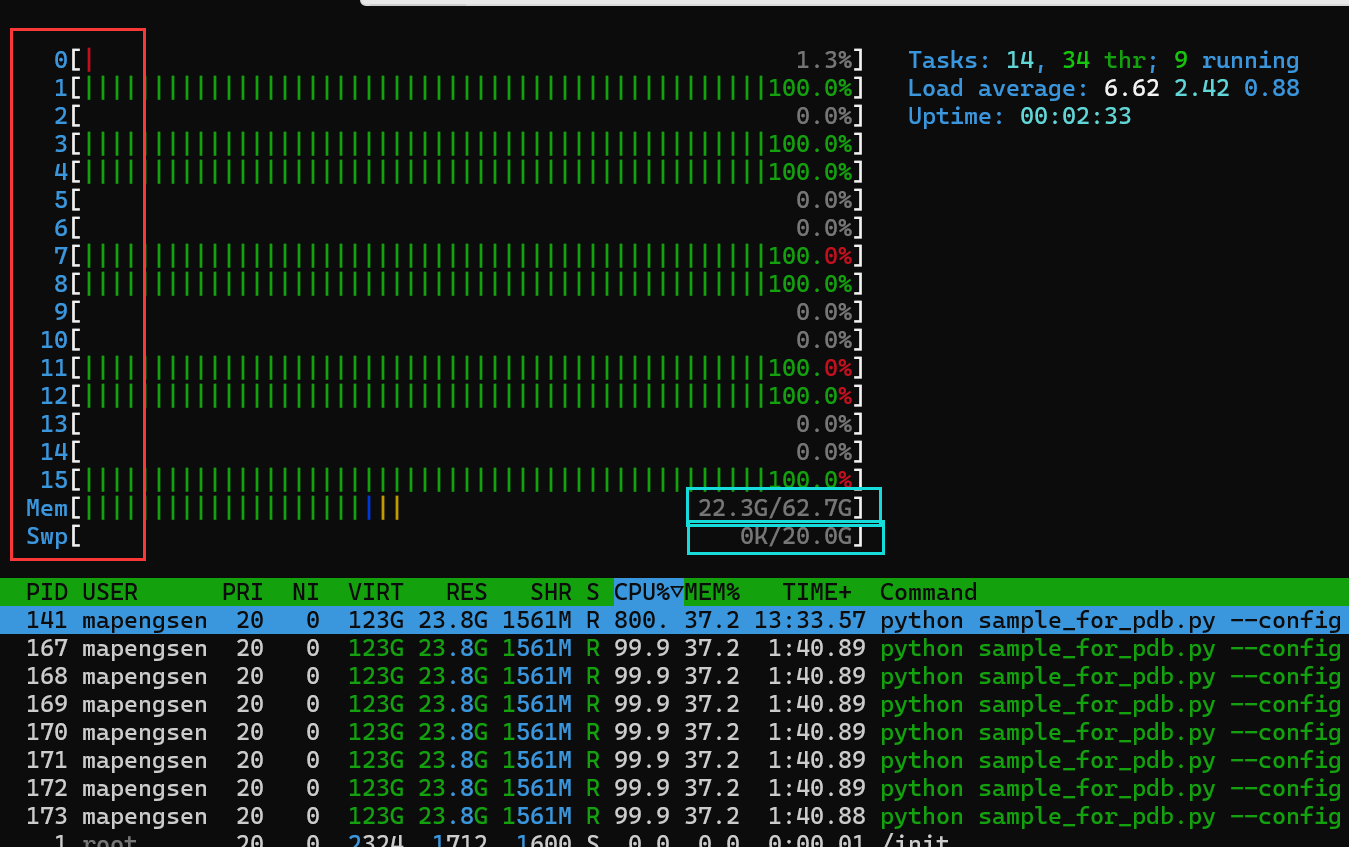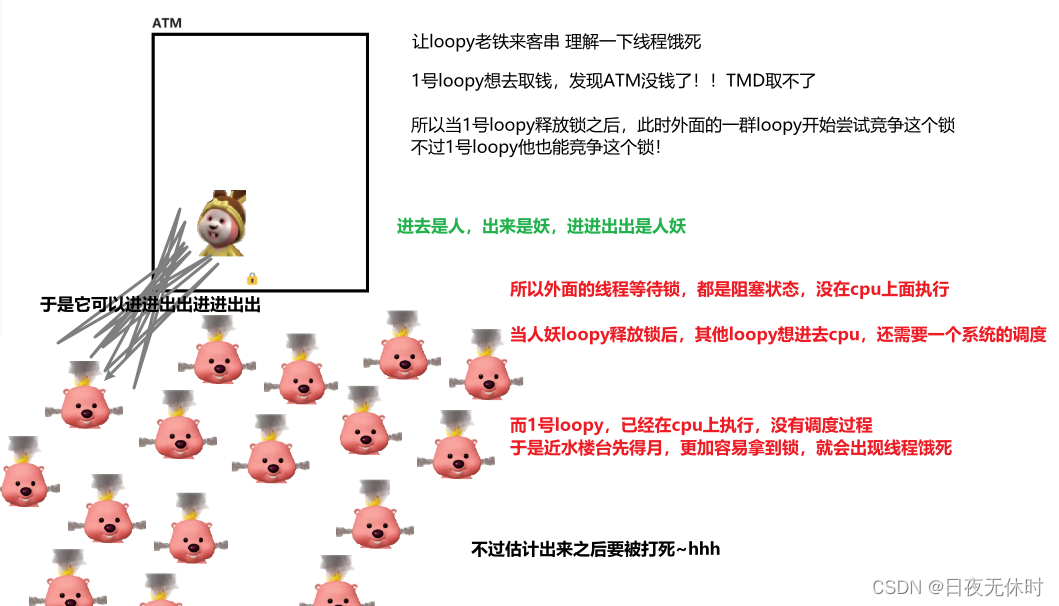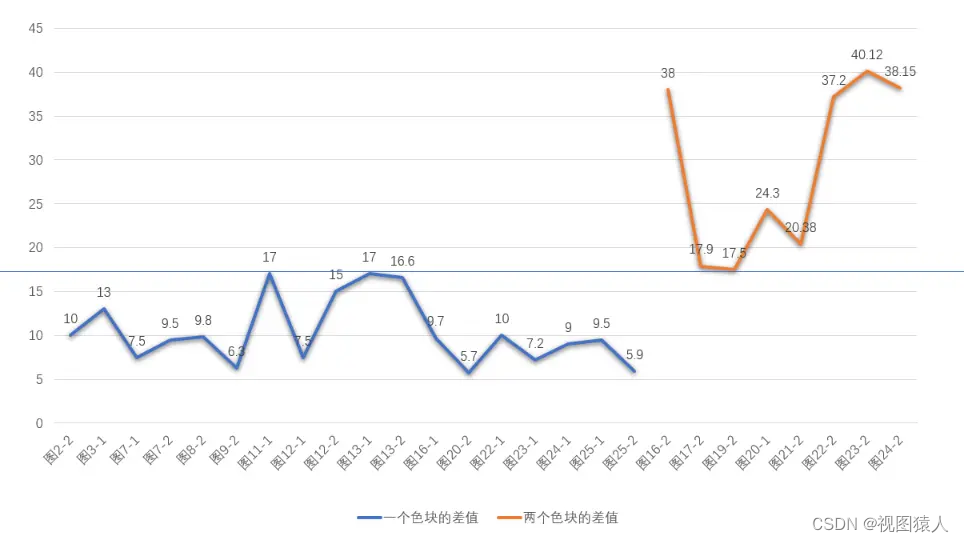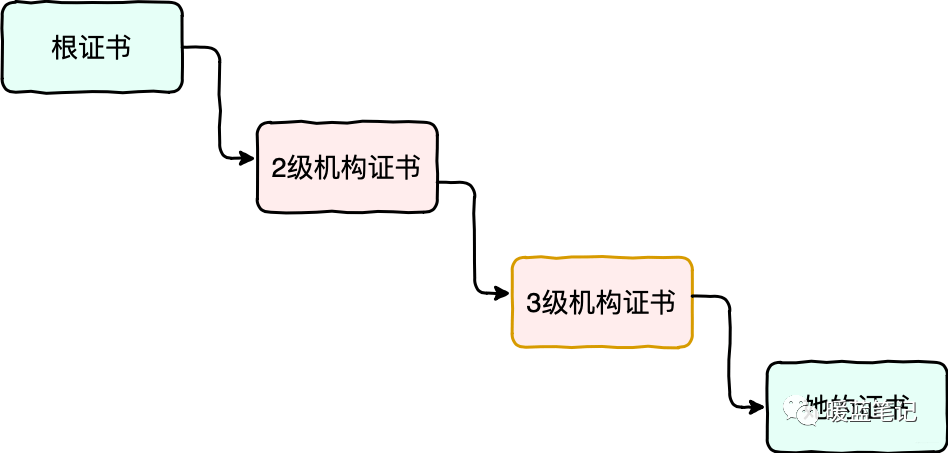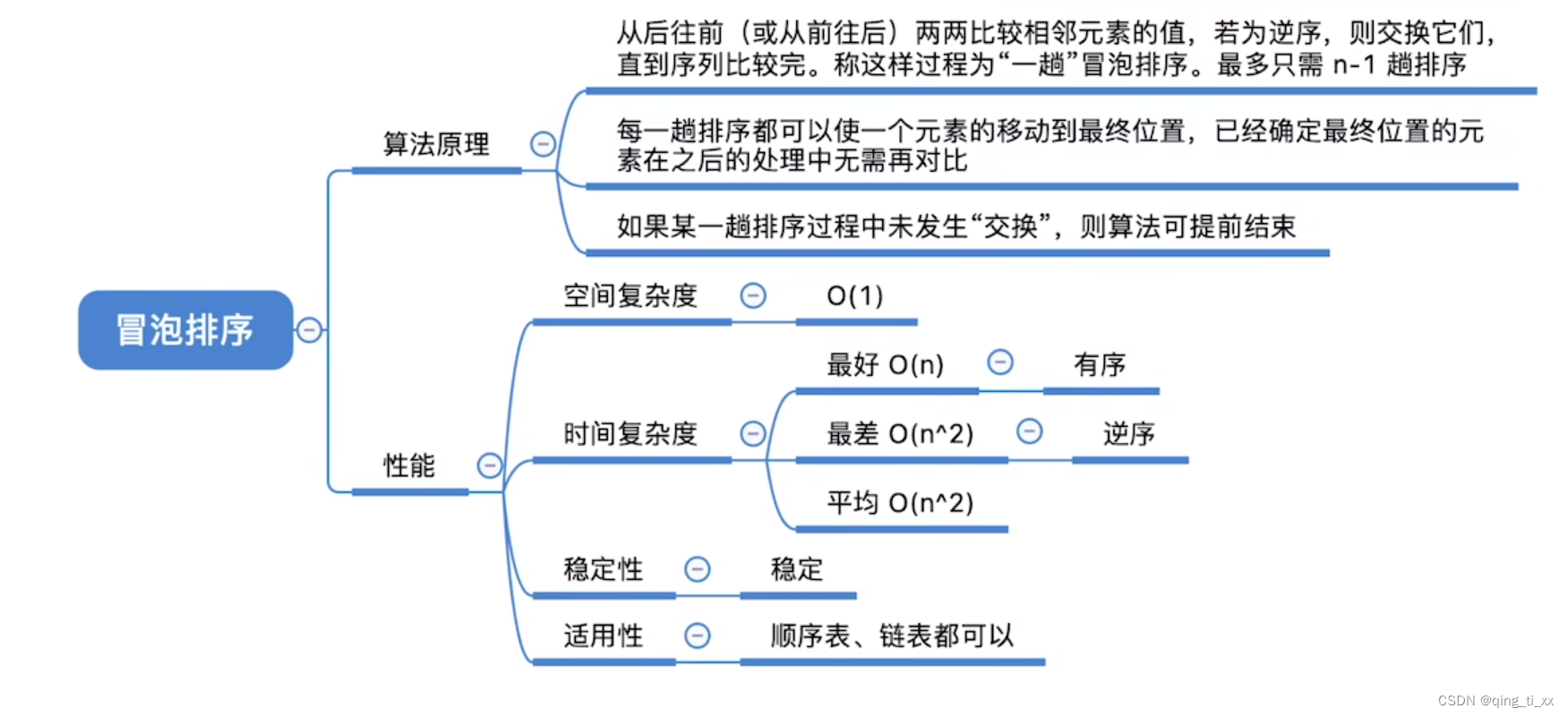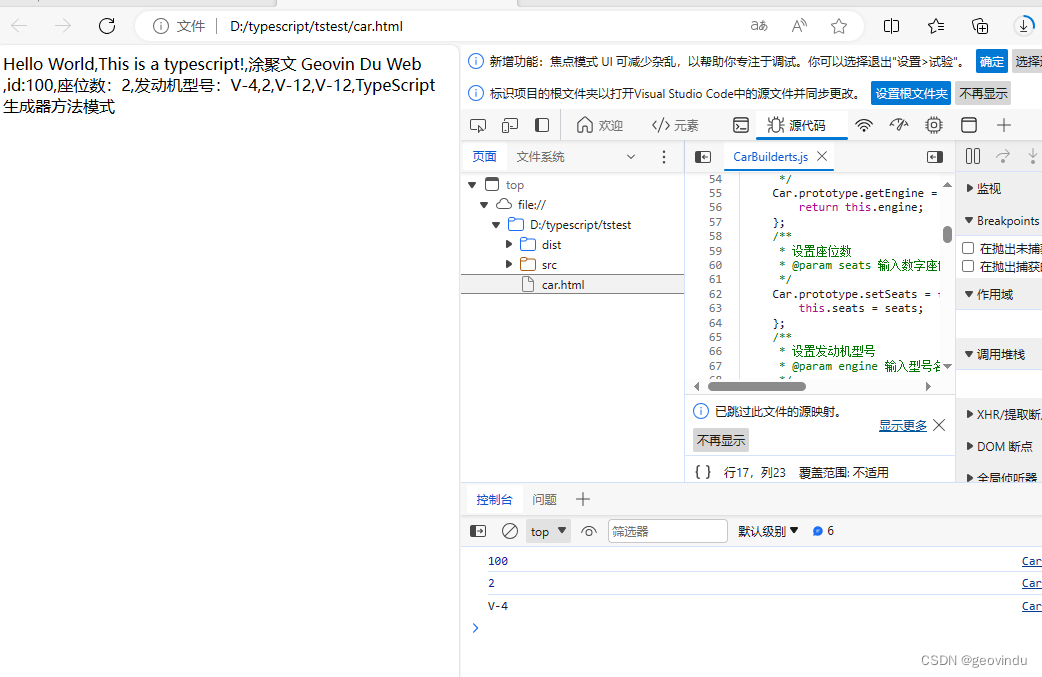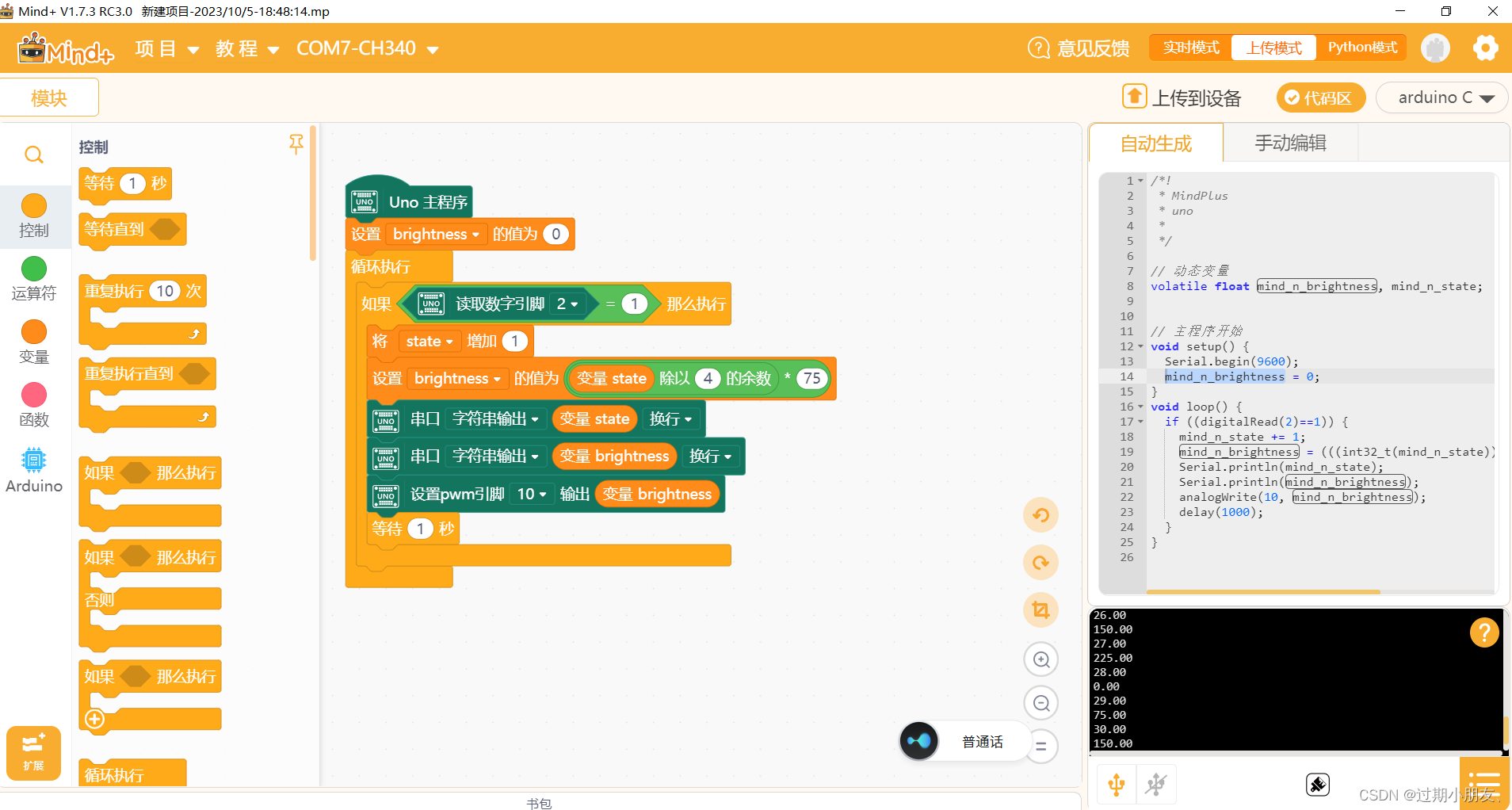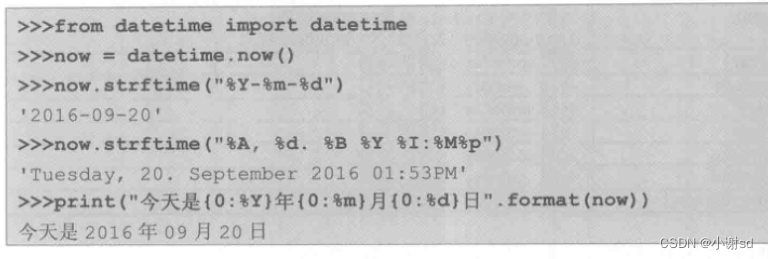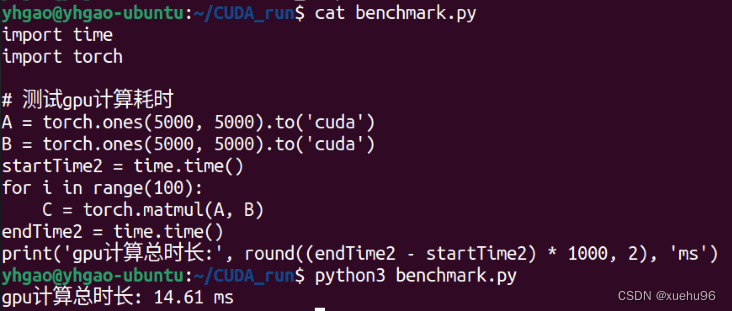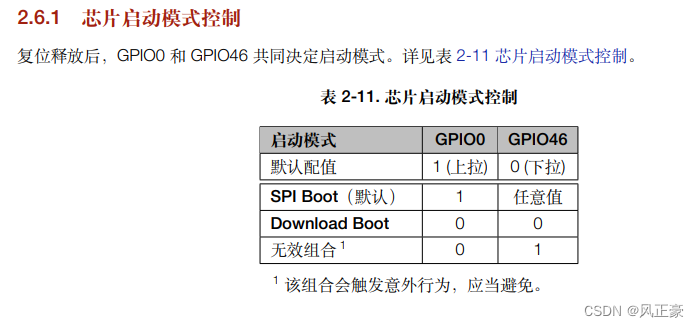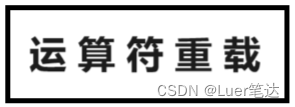
运算符重载概念:对已有的运算符重新进行定义,赋予其另一种功能,以适应不同的数据类型。
一、加号运算符重载
作用:实现两个自定义数据类型相加的运算
class Person {
public:
Person() {};
Person(int a, int b)
{
this->m_A = a;
this->m_B = b;
}
//成员函数实现 + 号运算符重载
Person operator+(const Person& p) {
Person temp;
temp.m_A = this->m_A + p.m_A;
temp.m_B = this->m_B + p.m_B;
return temp;
}
public:
int m_A;
int m_B;
};
//全局函数实现 + 号运算符重载
//Person operator+(const Person& p1, const Person& p2) {
// Person temp(0, 0);
// temp.m_A = p1.m_A + p2.m_A;
// temp.m_B = p1.m_B + p2.m_B;
// return temp;
//}
//运算符重载 可以发生函数重载
Person operator+(const Person& p2, int val)
{
Person temp;
temp.m_A = p2.m_A + val;
temp.m_B = p2.m_B + val;
return temp;
}
void test() {
Person p1(10, 10);
Person p2(20, 20);
//成员函数方式
Person p3 = p2 + p1; //相当于 p2.operaor+(p1)
cout << "mA:" << p3.m_A << " mB:" << p3.m_B << endl;
Person p4 = p3 + 10; //相当于 operator+(p3,10)
cout << "mA:" << p4.m_A << " mB:" << p4.m_B << endl;
}
int main() {
test();
system("pause");
return 0;
}总结1:对于内置的数据类型的表达式的的运算符是不可能改变的
总结2:不要滥用运算符重载
二、左移运算符重载
作用:可以输出自定义数据类型
class Person {
friend ostream& operator<<(ostream& out, Person& p);
public:
Person(int a, int b)
{
this->m_A = a;
this->m_B = b;
}
//成员函数 实现不了 p << cout 不是我们想要的效果
//void operator<<(Person& p){
//}
private:
int m_A;
int m_B;
};
//全局函数实现左移重载
//ostream对象只能有一个
ostream& operator<<(ostream& out, Person& p) {
out << "a:" << p.m_A << " b:" << p.m_B;
return out;
}
void test() {
Person p1(10, 20);
cout << p1 << "hello world" << endl; //链式编程
}
int main() {
test();
system("pause");
return 0;
}总结:重载左移运算符配合友元可以实现输出自定义数据类型。
三、递增运算符重载
作用: 通过重载递增运算符,实现自己的整型数据
class MyInteger {
friend ostream& operator<<(ostream& out, MyInteger myint);
public:
MyInteger() {
m_Num = 0;
}
//前置++
MyInteger& operator++() {
//先++
m_Num++;
//再返回
return *this;
}
//后置++
MyInteger operator++(int) {
//先返回
MyInteger temp = *this; //记录当前本身的值,然后让本身的值加1,但是返回的是以前的值,达到先返回后++;
m_Num++;
return temp;
}
private:
int m_Num;
};
ostream& operator<<(ostream& out, MyInteger myint) {
out << myint.m_Num;
return out;
}
//前置++ 先++ 再返回
void test01() {
MyInteger myInt;
cout << ++myInt << endl;
cout << myInt << endl;
}
//后置++ 先返回 再++
void test02() {
MyInteger myInt;
cout << myInt++ << endl;
cout << myInt << endl;
}
int main() {
test01();
//test02();
system("pause");
return 0;
}总结: 前置递增返回引用,后置递增返回值。

